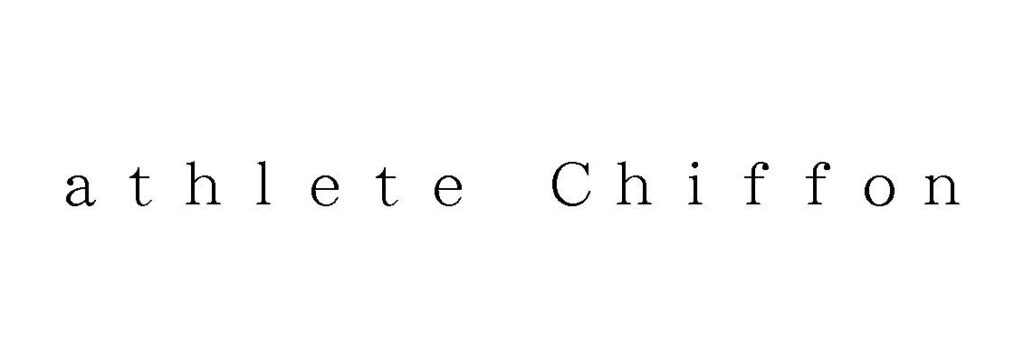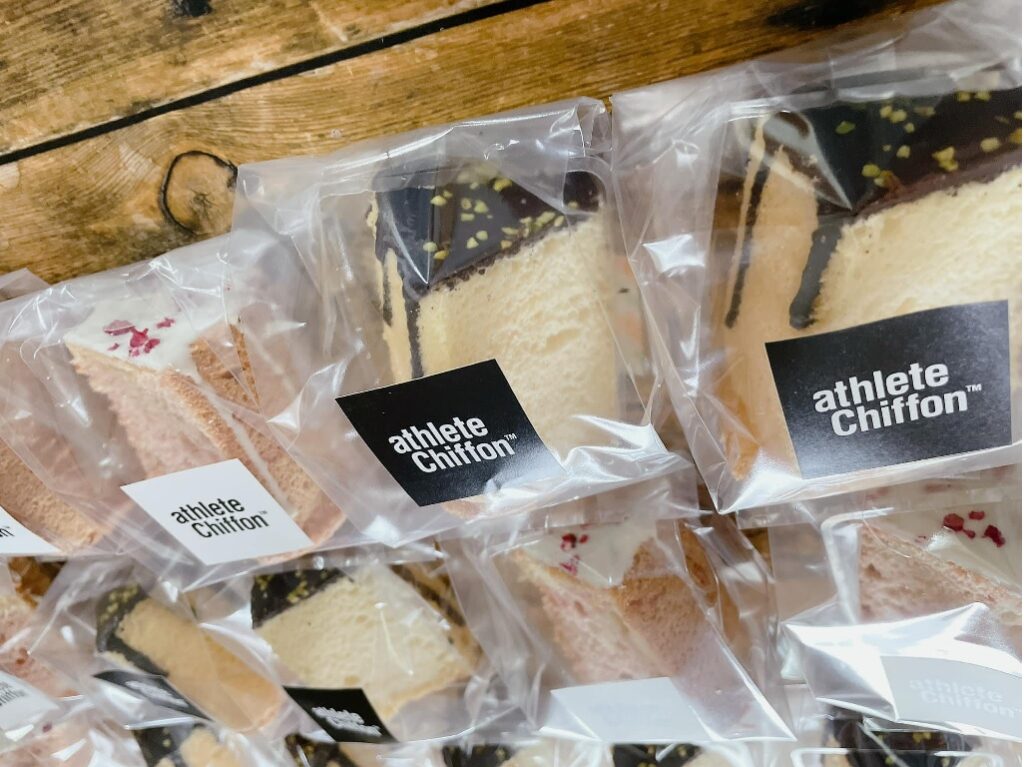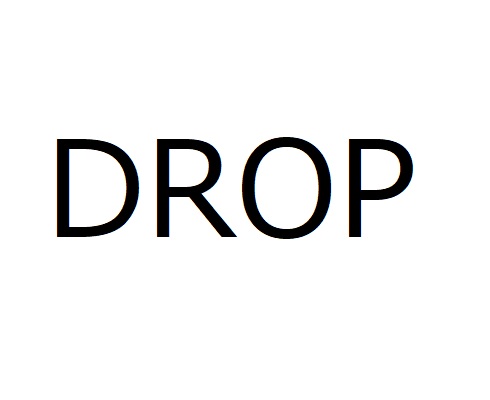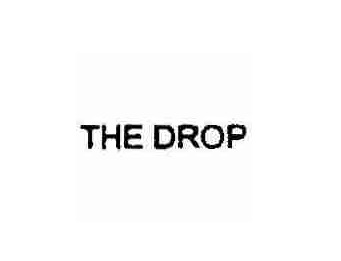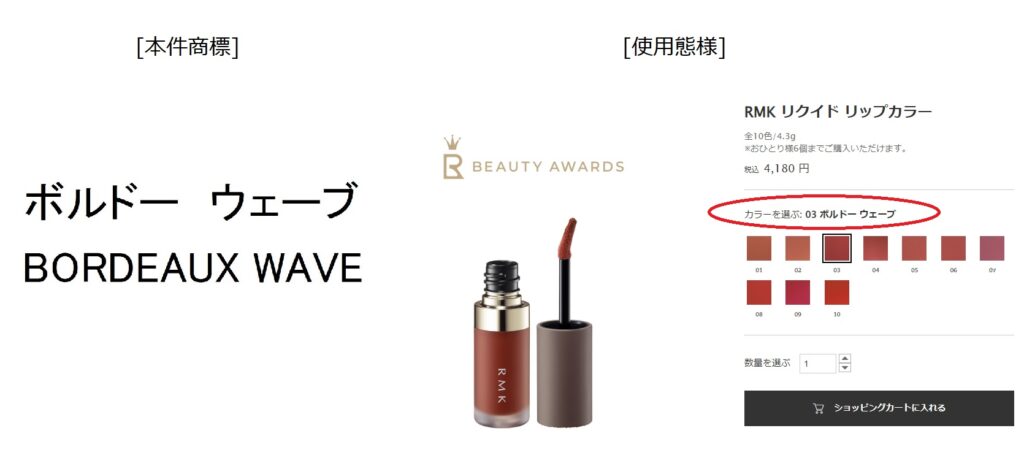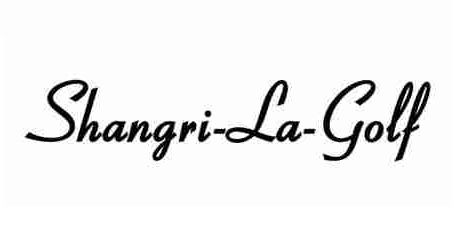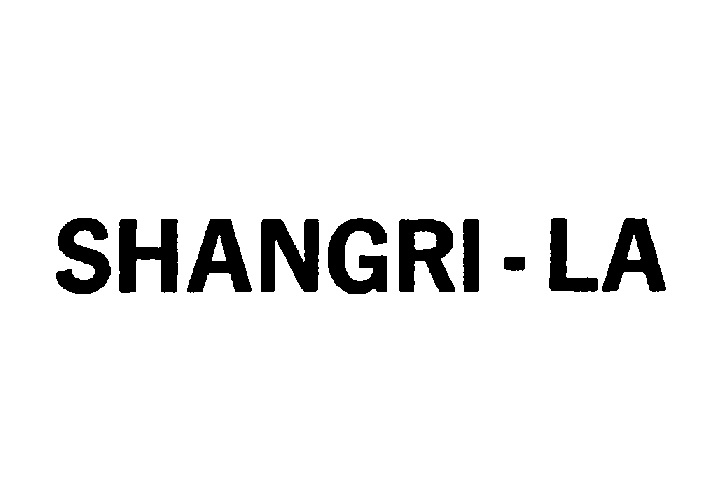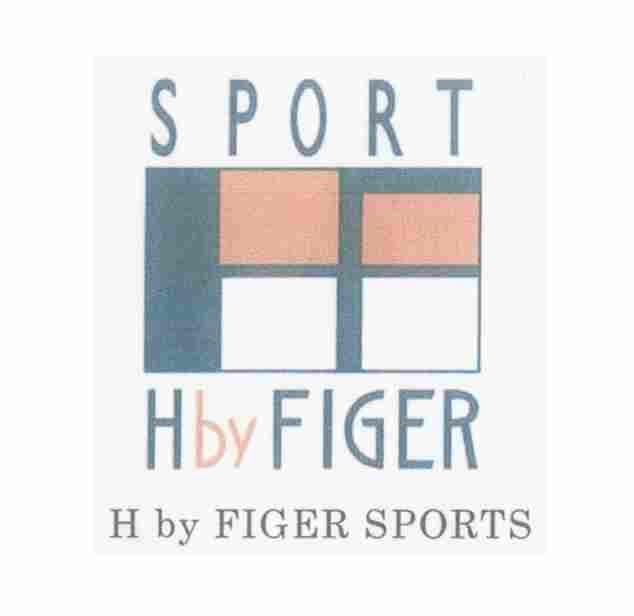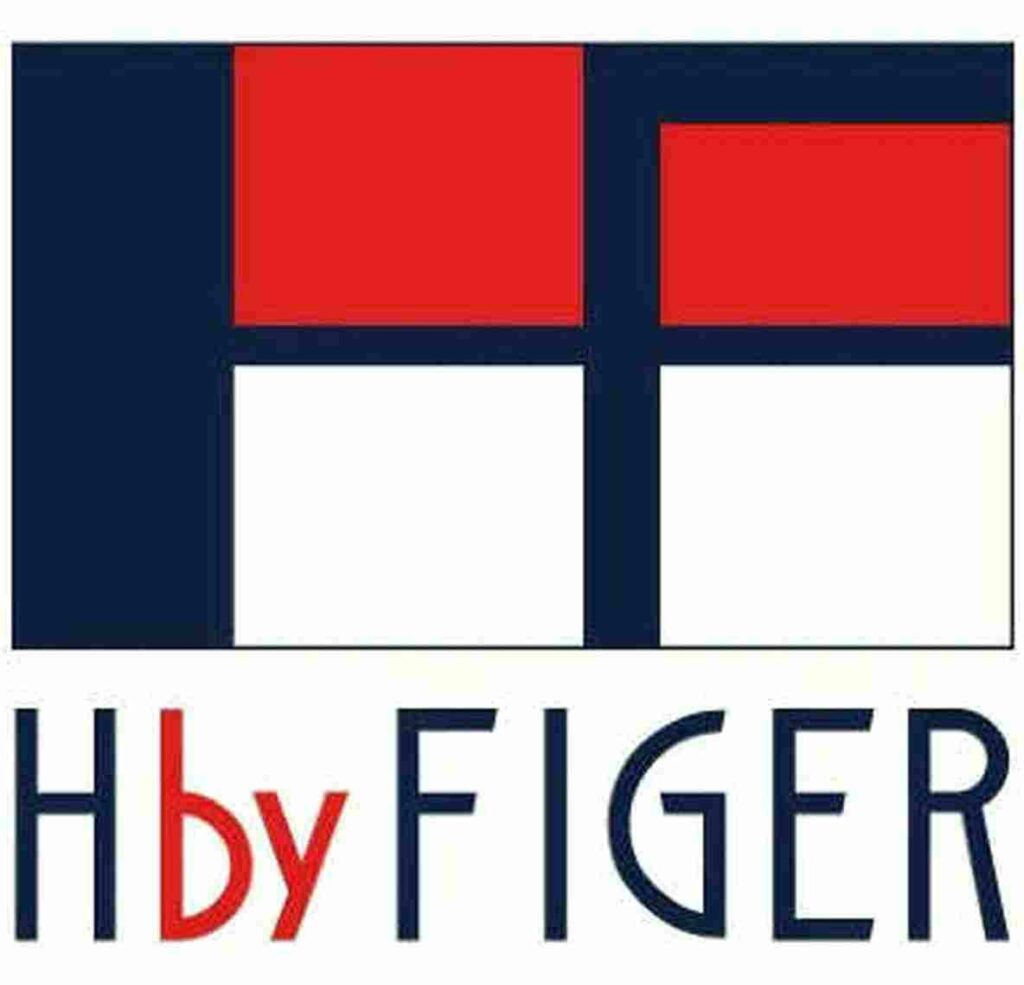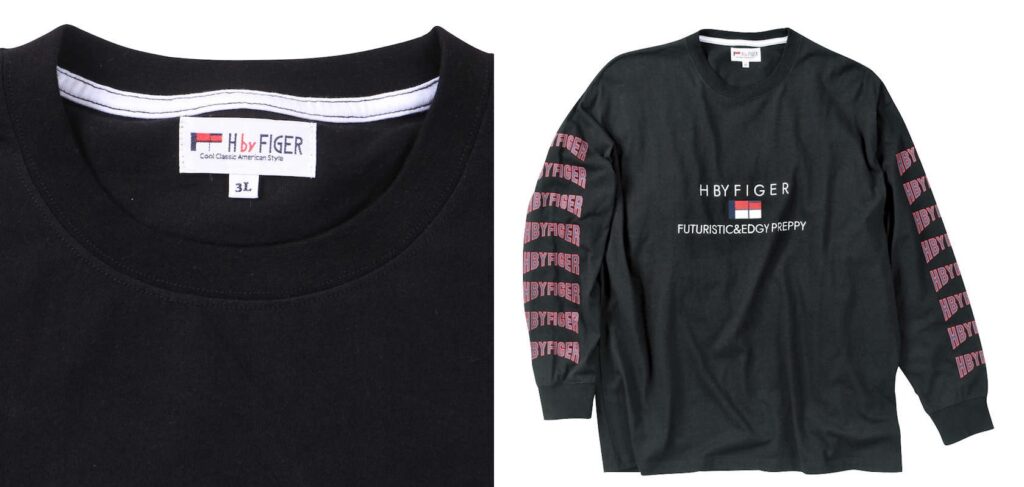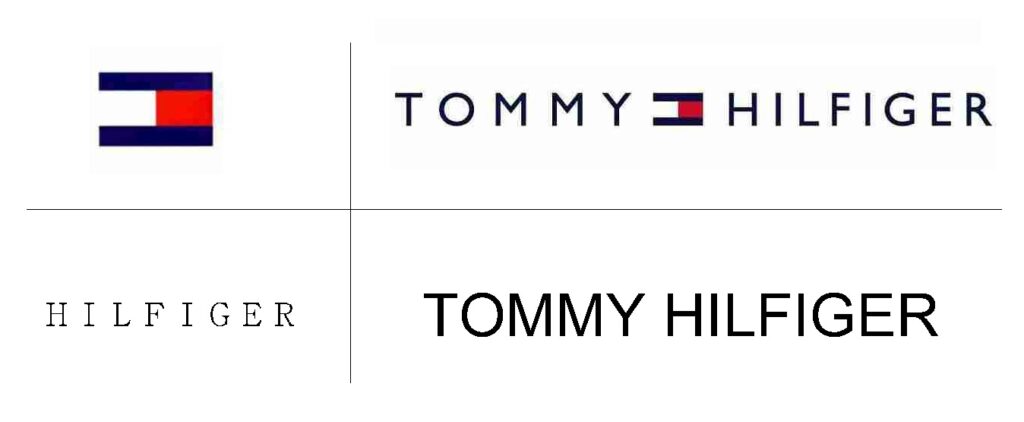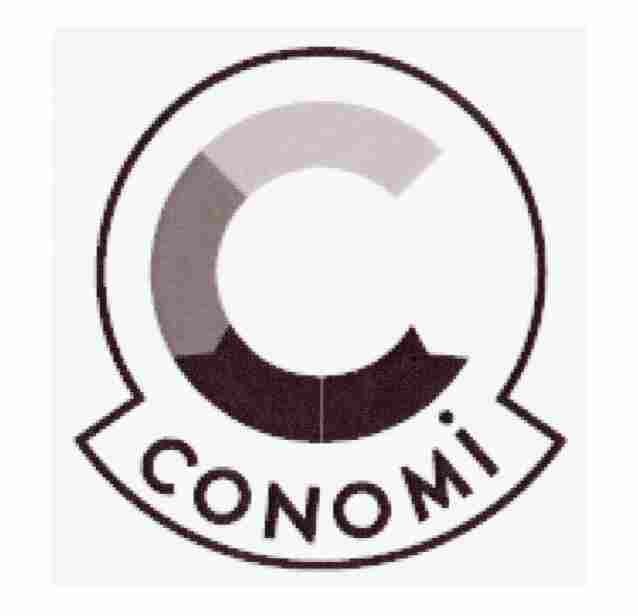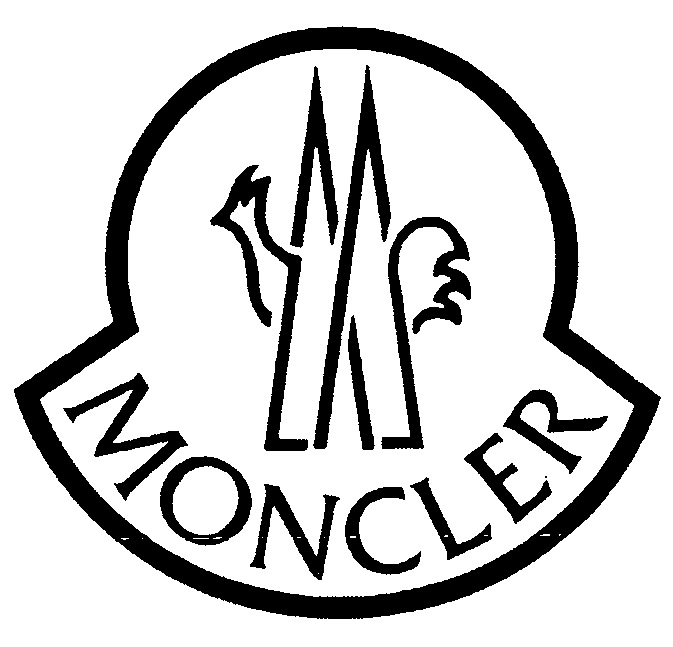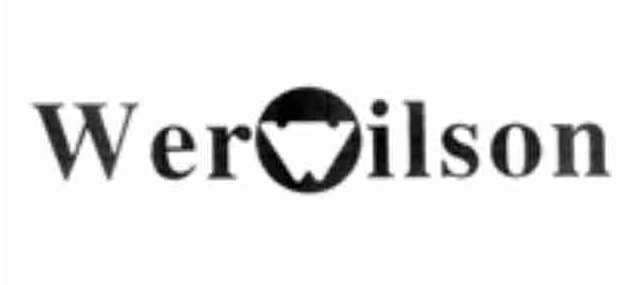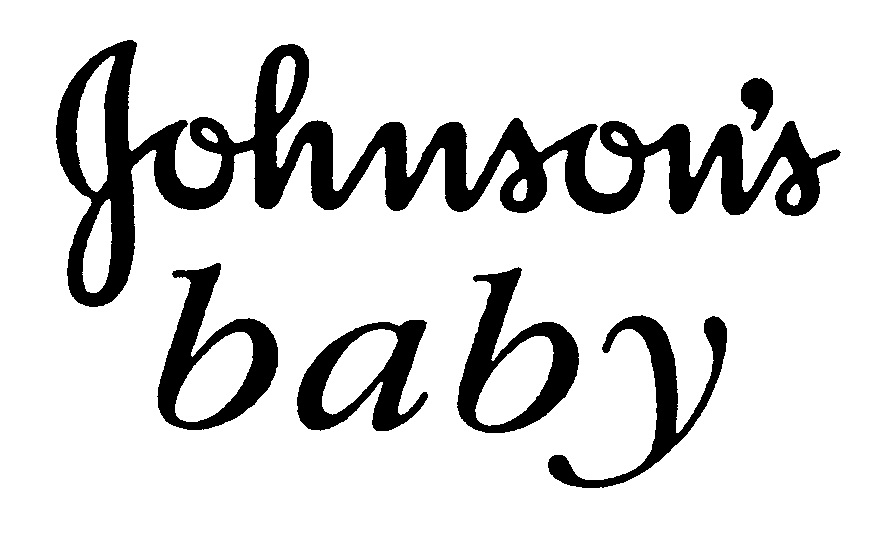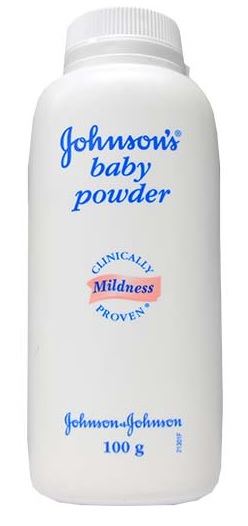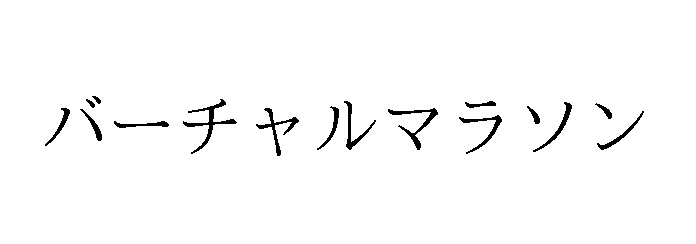On October 17, 2023, the Japan Patent Office (JPO) dismissed an opposition claimed by Anytime Fitness Franchisor LLC against TM Reg no. 6630608 for the mark “anytime 24” in class 41 due to dissimilarity and unlikelihood of confusion with “ANYTIME FITNESS”.
[Opposition case no. 2022-900541]“anytime 24”
Opposed mark, consisting of “anytime”, “24” and a clock device (see below), was filed by ShinMaywa Industries, Ltd. for use on various services in classes 35, 37, 39 and 41, including sports instruction services; arranging, conducting and organization of seminars relating to sports; production of videotape file in the field of sports; providing electronic publications relating to sports on October 14, 2021.
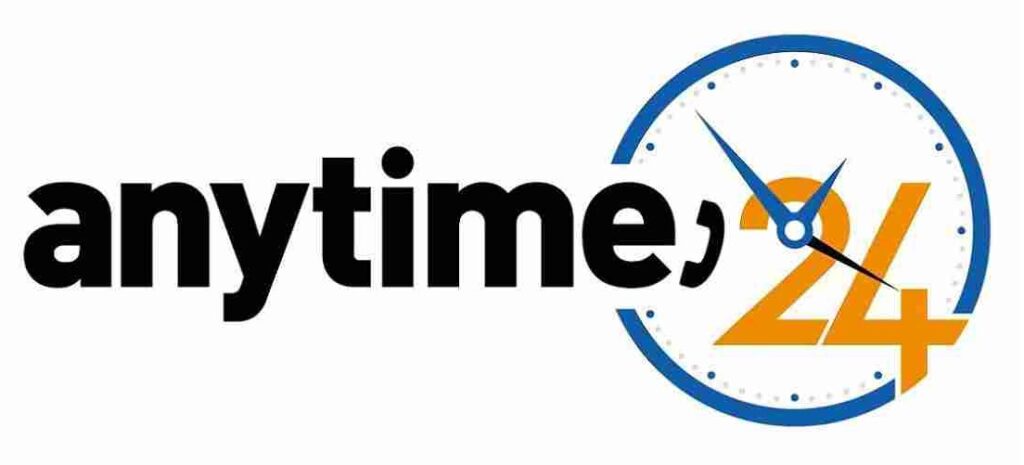
The JPO granted protection of the “anytime 24” mark on October 19, 2022, and published it for a post-grant opposition on October 31, 2022.
Opposition by ANYTIME FITNESS
Anytime Fitness Franchisor LLC (AFF), an operator of the fastest-growing fitness club “ANYTIME FITNESS” franchise in the world, with more than 4 million members at more than 4,800 gyms on all seven continents, filed an opposition on December 29, 2022.
AFF argued the opposed mark shall be canceled in contravention of Article 4(1)(vii), (viii), (x), (xi), (xv) and (xix) of the Japan Trademark Law on the grounds that “ANYTIME FITNESS” has become famous among relevant consumers as a source indicator of the fitness gym opening 24 hours a day, 365 days a year, and the term “ANYTIME” is a dominant portion of cited mark (TM Reg nos. 5284268 and 5742766) in connection with fitness-related services in class 41. If so, the consumers are likely to confuse the source of the opposed mark with AFF when used on fitness-related services because of close resemblance between the opposed mark and “ANYTIME FITNESS”.
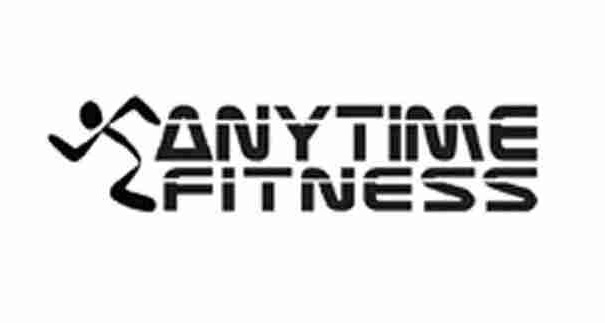
JPO decision
The JPO Opposition Board found the opposed mark, from its configuration, gives rise to a pronunciation and meaning of “anytime” because the digit “24” is inherently descriptive.
In the meantime, the Board held the cited mark has a pronunciation of “ANYTIMIE FITNESS” and does not give rise to any specific meaning as a whole. Even if the word “FITNESS” lacks distinctiveness in relation to fitness-related services, the Board has a reason to believe the cited mark shall be assessed in its entirety by virtue of a tight combination with other elements.
When it comes to compare a dominant portion “anytime” of the opposed mark with “ANYTIME FITNESS”, the consumers are unlikely to confuse the source of two marks from visual, phonetical and conceptual points of view, the Board said.
Based on the foregoing, the JPO concluded dissimilarity of mark and unlikelihood of confusion, and decided to dismiss the opposition entirely.

